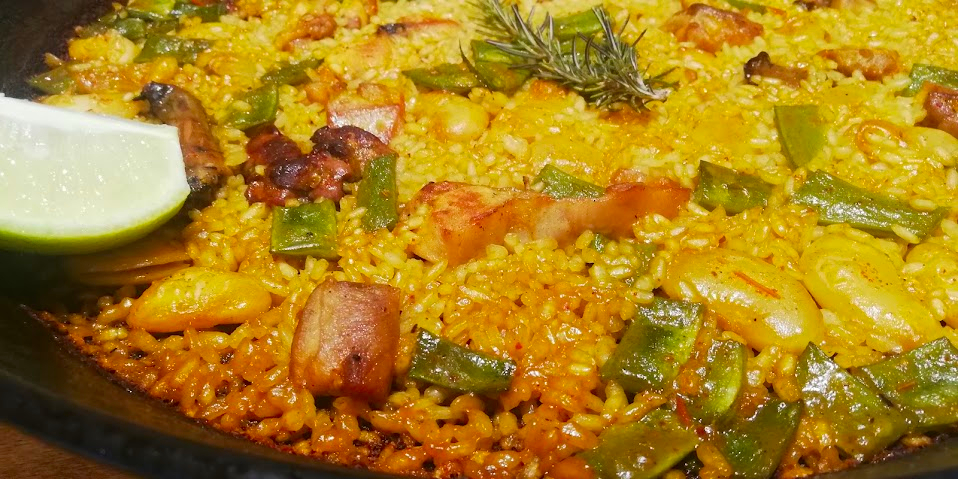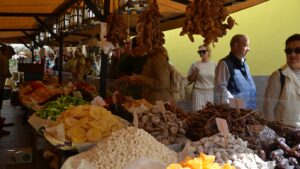Valencian paella declared an Asset of Intangible Cultural Interest
The decree establishes a series of protection and safeguarding measures for the paella.

Tuesday 2nd November 2021 – XÀBIA AL DÍA with Mike Smith
The regional government has approved a decree declaring that Valencian paella is an Asset of Intangible Cultural Interest (BICI) for its ability to unite and share. There are many versions and modalities that this recipe offers and that is why, in recent years, action plans and groups have emerged for its promotion and recognition as a unique dish.
The decree includes the main denomination of what is ‘Valencian paella’ as well as the preparation of this recipe, which has various variants throughout the Valencian region. Likewise, the way of growing and harvesting rice is described, as well as the different techniques for making paella, as well as the symbolism that this dish provides in family meals.
Its origins date back to 220 BCE, to Alexander the Great who brought rice to Europe, although rice was not sown in large quantities in Valencia until the arrival of the Arabs. In the 16th century, the use, bleaching and cleaning of rice husks began to be recorded.
By the 18th century, the first mention of paella or ‘Valencian rice’ appears in a recipe manuscript, in which the techniques for its preparation were explained and it was emphasized that the rice must remain dry.
At the beginning of the 20th century, this typical dish spread to large international cities. In this way, paella achieves its zenith with the tourist boom of the sixties in Spain with the arrival of foreign tourists spending their holidays on the Spanish coasts.
In addition to the declaration as an Asset of Cultural Interest, the decree establishes a series of protection and safeguarding measures for the paella, which will be specified in carrying out identification, description, study and documentation of it, incorporating available witnesses with material support that guarantee its protection and preservation or ensure normal development as well as transmission to future generations.





